Overview
- Audiences are increasingly urging theaters to host TV show episodes, aiming for a shared experience that streaming services cannot provide.
- Popular series like AMC’s *The Walking Dead* and HBO’s *Succession* exemplify the potential for theatrical screenings of television content.
- Despite significant licensing challenges and subscription-based revenue models, there are considerable opportunities for theaters and studios to tap into the TV event screening market.
Popular television series such as AMC’s *The Walking Dead* and HBO’s *Succession* resonate deeply with audiences, showcasing emotional depth and dramatic twists that sometimes resonate even more than blockbuster films. However, there exists an untapped niche for creating a shared cinematic experience for television fans—a gap that the industry is yet to exploit fully.
As streaming becomes the predominant medium for entertainment consumption, cinemas are on the lookout for fresh strategies to ensure packed houses. In this context, fans are urging studios to arrange theatrical screenings of television episodes, especially season premieres and finales. Ignoring such a lucrative opportunity seems counterproductive, particularly in an industry that is often criticized for its high costs. So, why is Hollywood hesitating to embrace this trend?
The Value of Theatrical Screenings for TV Shows
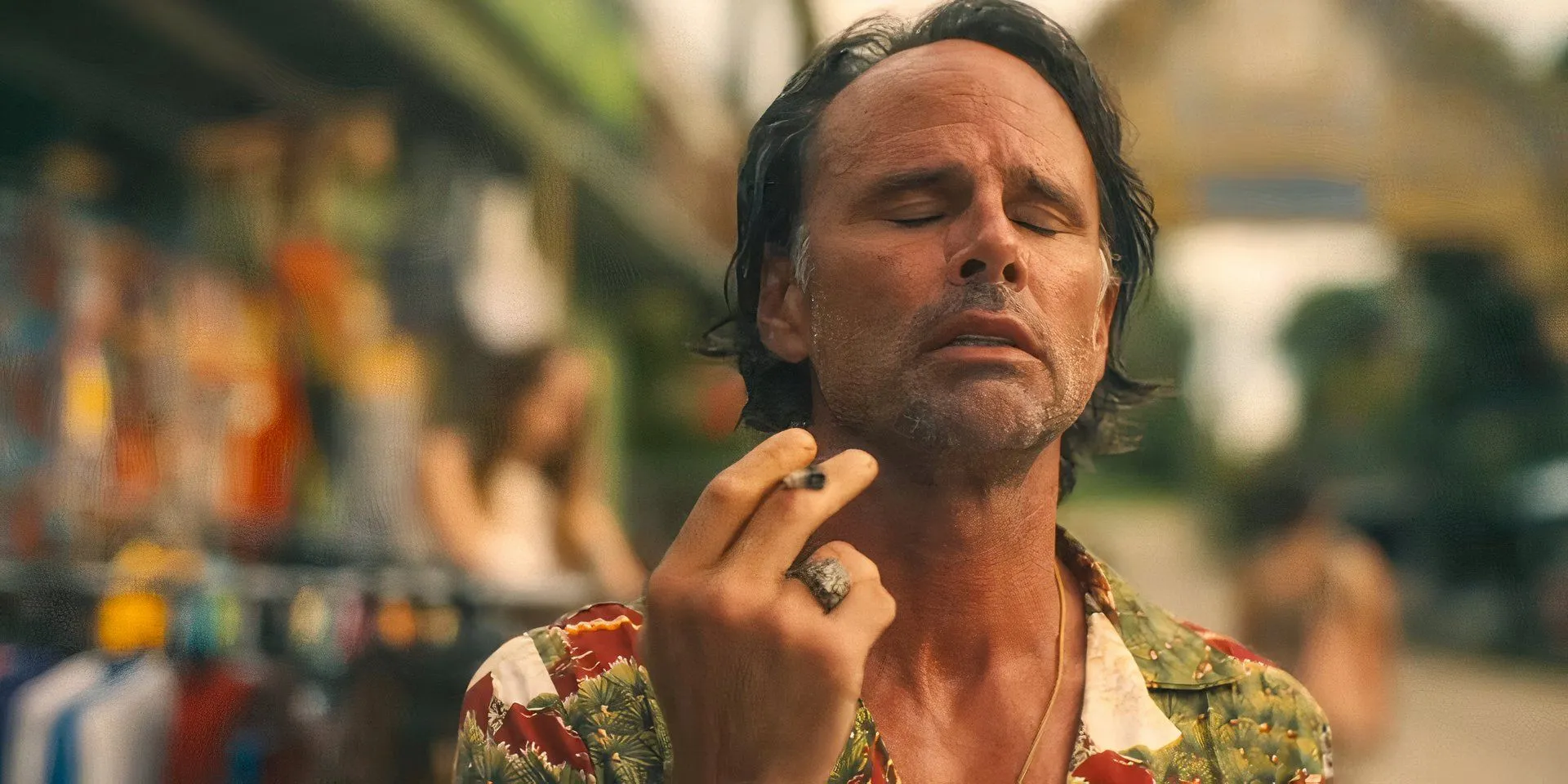
A recent discussion on Reddit sparked debate among fans about the absence of large-scale theater screenings for popular TV episodes—particularly high-profile or cult favorites. One post bemoaned the lack of a theatrical release for *The White Lotus* finale, with comments like, “I would have happily paid $20 to see it on the big screen surrounded by fellow fans,” emphasizing the existing demand for such experiences.
An insightful comment highlighted a successful example: *The Walking Dead* at the Alamo Drafthouse in Austin, where fans regularly congregated to watch episodes together. This phenomenon wasn’t a one-off; *The Walking Dead* attracted a dedicated viewership that consistently filled theaters week after week, despite the fact that many viewers already had the option to watch the series from home.
Case Study: *The Walking Dead* and Audience Engagement
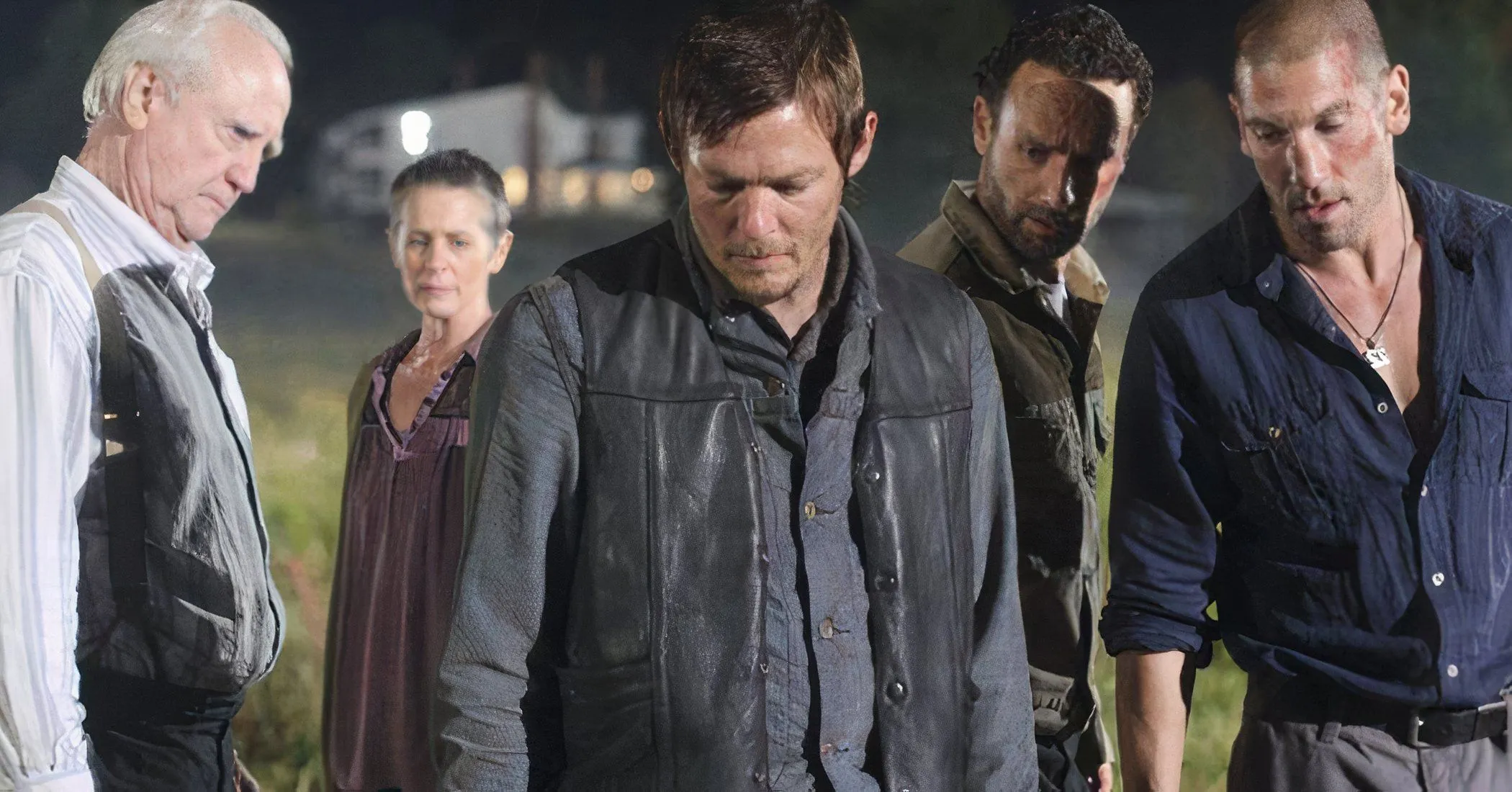
*The Walking Dead*, starring notable actors like Andrew Lincoln and Norman Reedus, achieved remarkable popularity during its peak, often reaching over 10 million viewers per episode. This enthusiasm led to collaborative viewing events at venues like Alamo Drafthouse, where fans bonded over shared reactions to pivotal moments—such as shocking character deaths.
The theater organized these events independently, generating revenue by selling food vouchers instead of charging an entry fee. This innovative approach not only allowed them to sidestep licensing issues but also enhanced the collective viewing experience. Participants could engage in games and interactive trivia during commercial breaks, a unique form of engagement that only a live setting can produce. Despite the profits enjoyed by the theater, mainstream cinema chains have largely missed out on this potential revenue stream.
HBO’s Opportunity for Cinematic Screenings
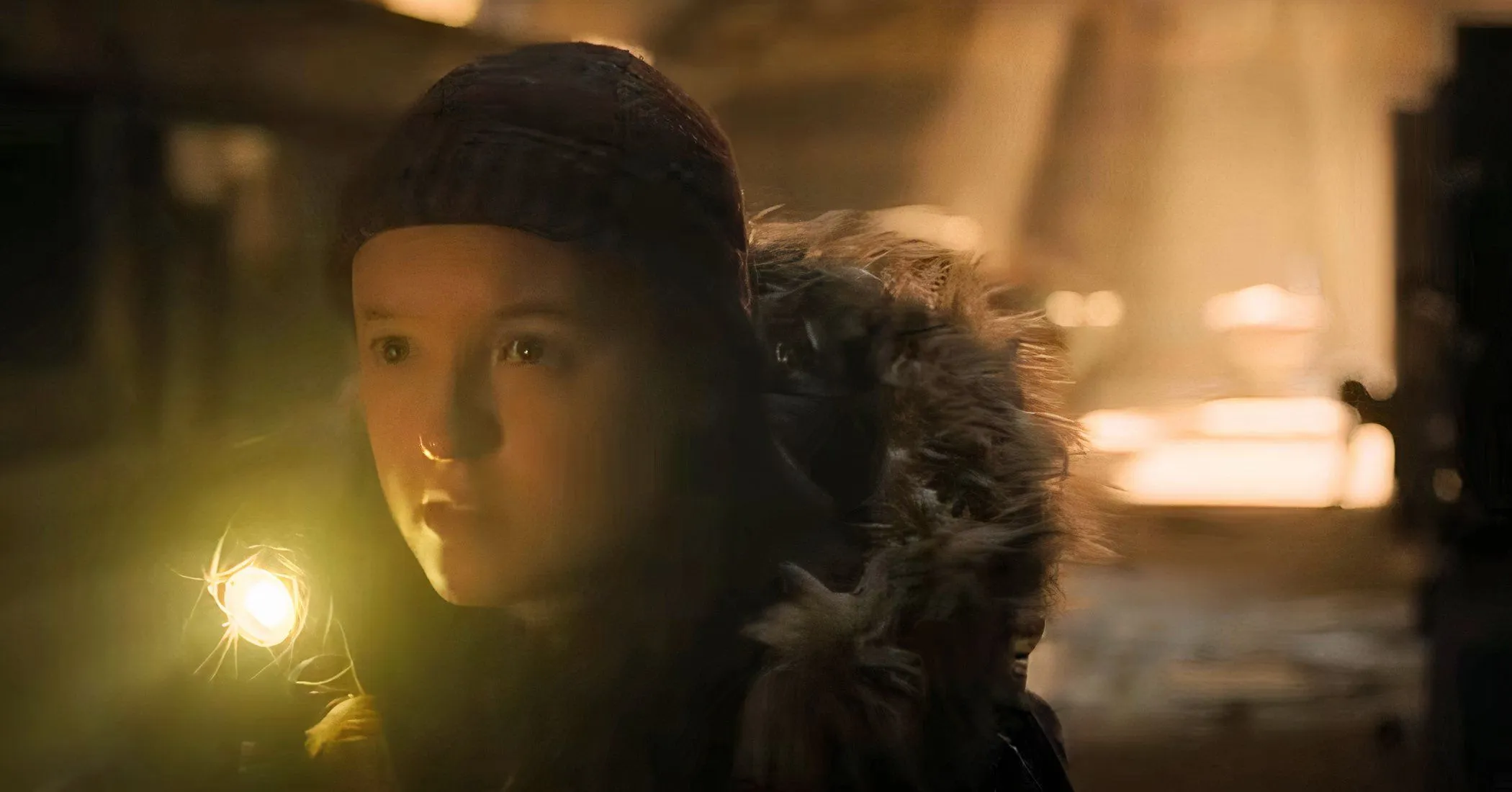
The conversations surrounding theatrical screenings aren’t limited to horror series; they extend to critically acclaimed HBO productions. For example, Reddit user punk62 highlighted their experience attending a screening of *The Righteous Gemstones* Season 2 premiere at Alamo Drafthouse, demonstrating that even less globally-renowned shows can gather excited audiences.
HBO has mastered the art of creating captivating television that resonates on a cinematic level. Series like *Succession*, with its intense, dramatic themes, were designed for a theater audience. The shocking moments—such as a major character’s unexpected fate—elicited gasps that only a communal experience can amplify. Similarly, the gripping and intense finale of *The Last of Us*, featuring Pedro Pascal’s moral dilemmas amidst thrilling scenes, deserves the large-screen experience, raising questions about the missed revenue opportunities for Warner Bros.
Successful Instances of Theatrical TV Event Screenings
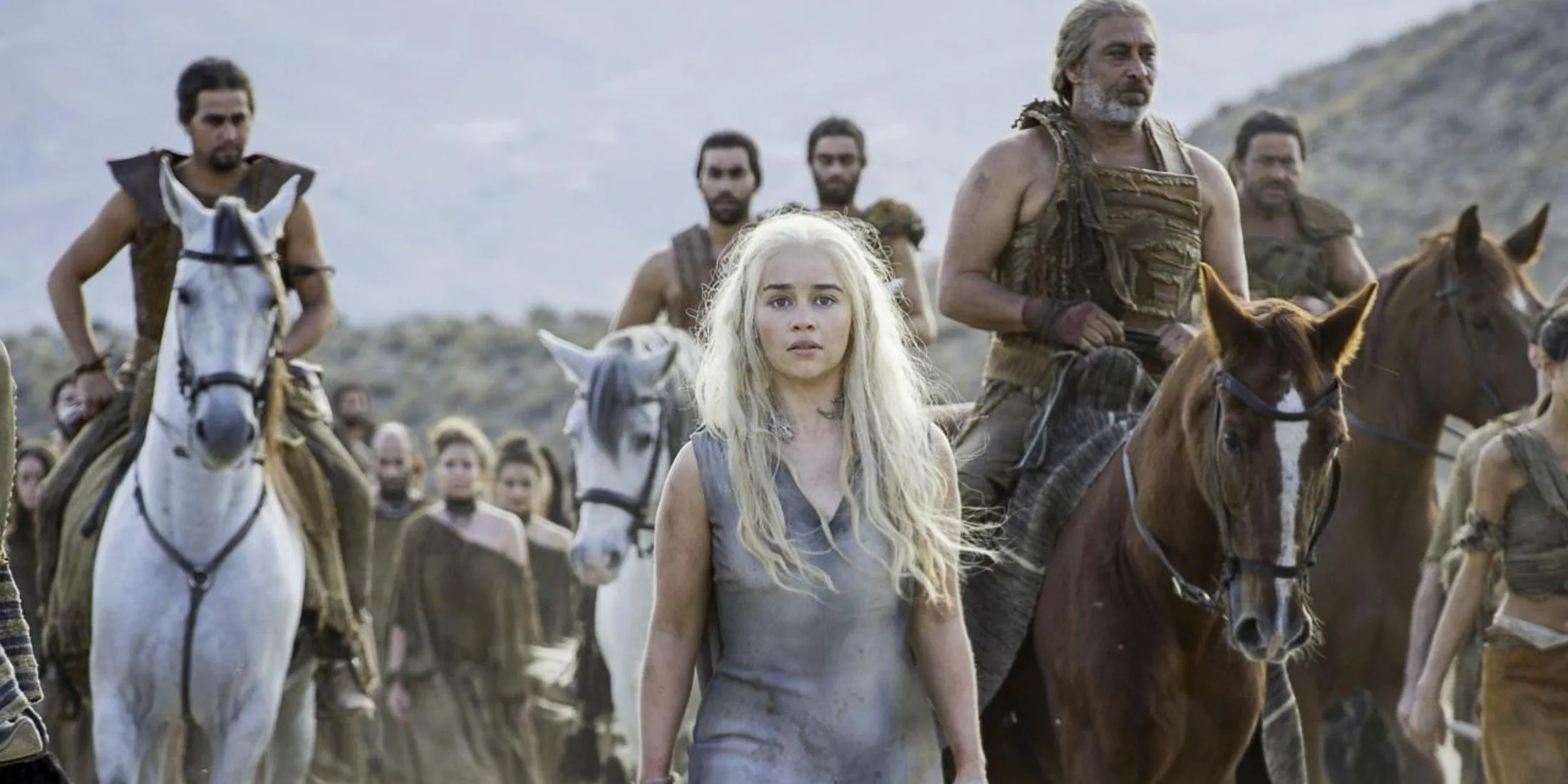
When properly executed, event screenings can yield significant ticket sales:
- The *Game of Thrones* Season 4 finale was shown in select IMAX theaters, earning an impressive $1.5 million during its opening weekend despite being available for home viewing.
- *Doctor Who* has seen numerous sell-out screenings across both the USA and UK, with its 50th Anniversary Special generating around $10 million globally during its limited theatrical release.
- *Euphoria* sparked unofficial watch parties at theaters in major cities during its second season, demonstrating the undeniable fan enthusiasm for interactive viewing experiences.
Beyond Alamo Drafthouse, urban theaters have capitalized on similar opportunities. The vibrant online discussions and memes that flood social media after episodes air indicate a deep desire for fans to unpack and share experiences collectively. Attendees often come dressed in character and engage in lively discussions, transforming a simple screening into a memorable communal occasion. This kind of passionate engagement promotes not only ticket sales but also fosters a supportive community around the content.
“An independent theater in my city had a successful event screening of *The Walking Dead.* It was such a thrilling experience. However, it was eventually shut down by AMC or possibly cable companies due to licensing issues, which was disappointing for fans.”
Challenges: Licensing and Industry Logistics
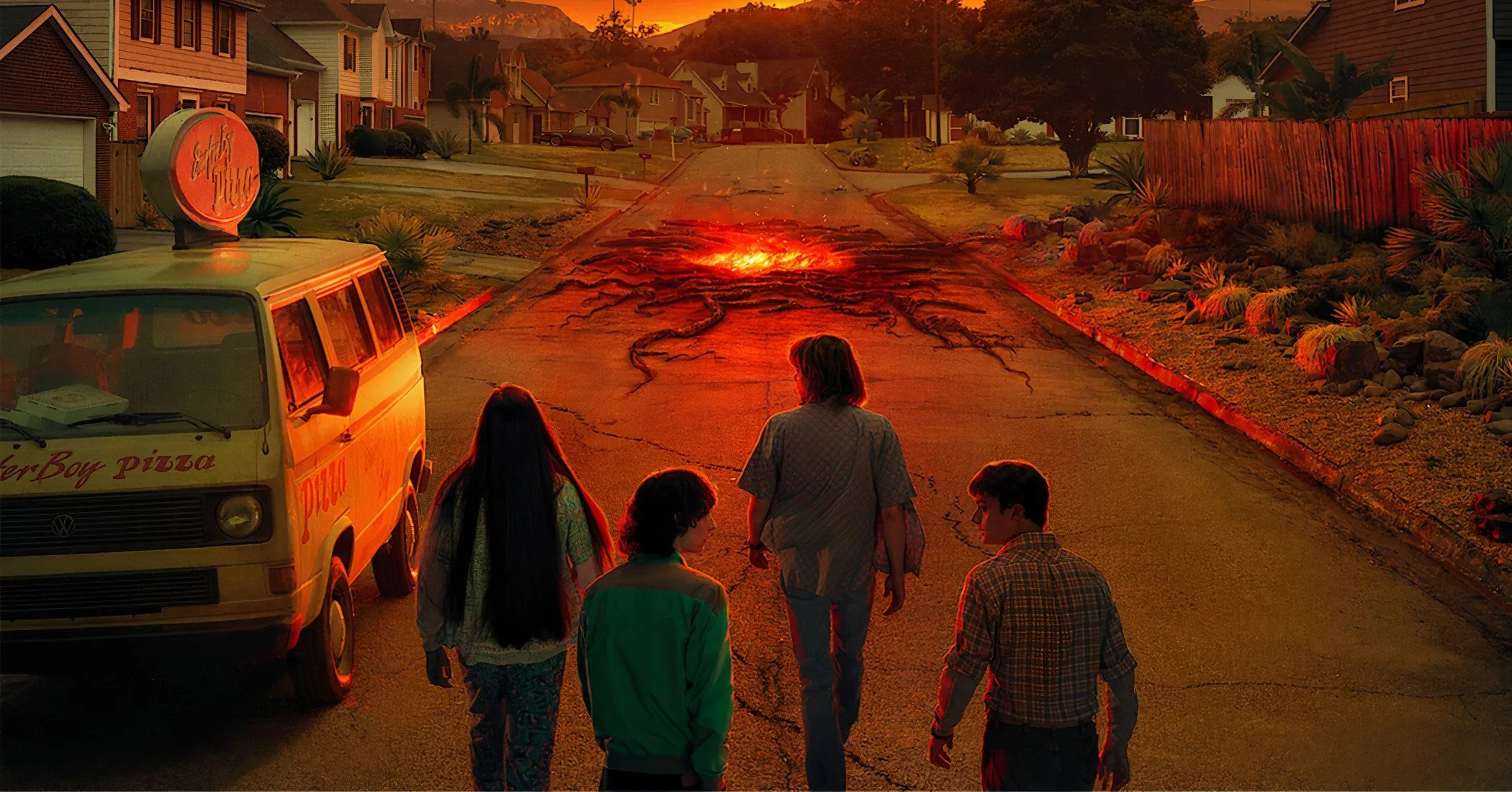
As global markets contract and new restrictions emerge—such as recent import restrictions in China—American studios face increased pressure to diversify their revenue strategies. This scenario makes event screenings of popular TV episodes a promising opportunity for low-risk, high-reward event monetization. Given that production and marketing costs are already incurred for these shows, it begs the question: why not extend their reach into theaters?
However, some fans express concerns over the sustainability of such a model. A comment on Reddit suggested that many individuals wouldn’t opt to pay for a theater ticket for a finale they could access via subscription. This perspective highlights the challenge inherent in price perception for both fans and streaming services.
Additionally, Redditor Pinewood74 pointed out that during *The Walking Dead*’s early success, many viewers lacked cable and preferred theater tickets for accessing new episodes. This situation indicates that for some fans, theaters provided a more appealing solution for keeping up with their favorite series, especially in today’s competitive streaming market.
The dilemma remains: streaming services like Netflix strive to retain exclusivity over their content. If audiences can enjoy significant episodes in theaters without subscribing, it presents a risk to their long-term revenue model, which relies heavily on maintaining subscriber numbers.
Licensing hurdles add another dimension to this issue, making it difficult to navigate the necessary contracts and approvals required for theatrical releases. Innovative approaches, like Alamo Drafthouse’s use of food vouchers to bypass these complexities and create a “watch party”experience, demonstrate the potential for creativity in fundraising.
Still, with strategic partnerships, major cinema chains could envision collaborations with studios for special release events, enhancing fan engagement while offering a new revenue stream. A hypothetical premiere of *Stranger Things* Season 5, for example, could generate significant profits if marketed appropriately.
A Collaborative Future for TV Fandom and Theatrical Viewing
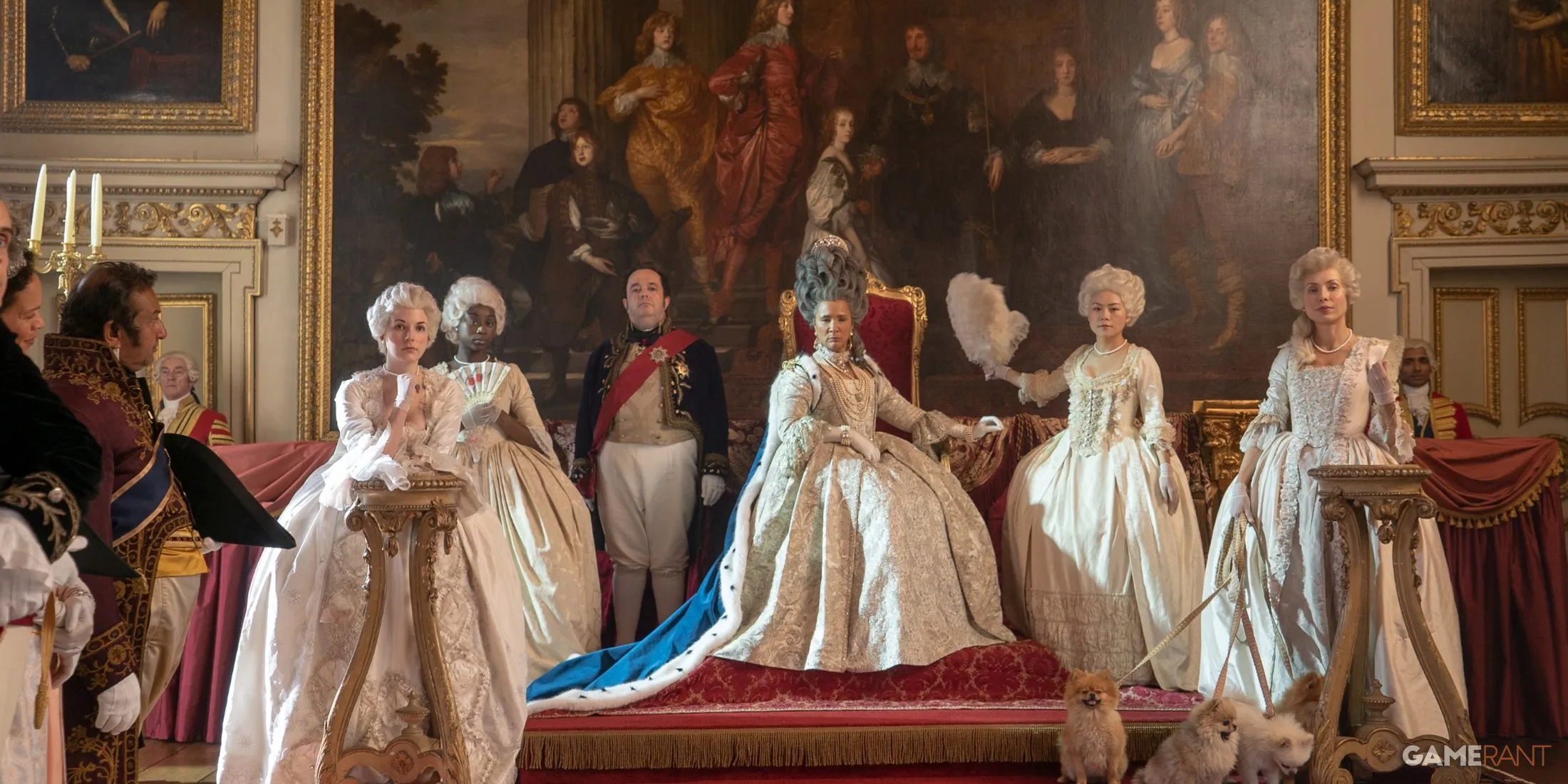
It’s essential for industry executives to recognize the profound social aspect of TV fandom. Just as fans eagerly await midnight releases for blockbuster films, they are equally keen to rally together for emotionally charged season finales. If enthusiasts can gather for experiences as immersive as a *Bridgerton* ball, they would undoubtedly flock to the theaters for new season premieres.
A surge of energy is essential for theaters today as they navigate shrinking margins and increased competition from streaming platforms. Events that bring together audiences for shared experiences provide what traditional cinemas are currently lacking: lively atmospheres filled with passionate reactions, laughter, and collective engagement.
For theaters and studios facing challenges in financial sustainability, creating a space for fans to watch beloved shows on the big screen is a logical step forward. The excitement generated in packed theaters during screenings of *The Walking Dead* demonstrated the immense potential for live, collective viewing experiences. This sense of community might be exactly what the industry needs not just to survive but to thrive in a rapidly changing media landscape.


